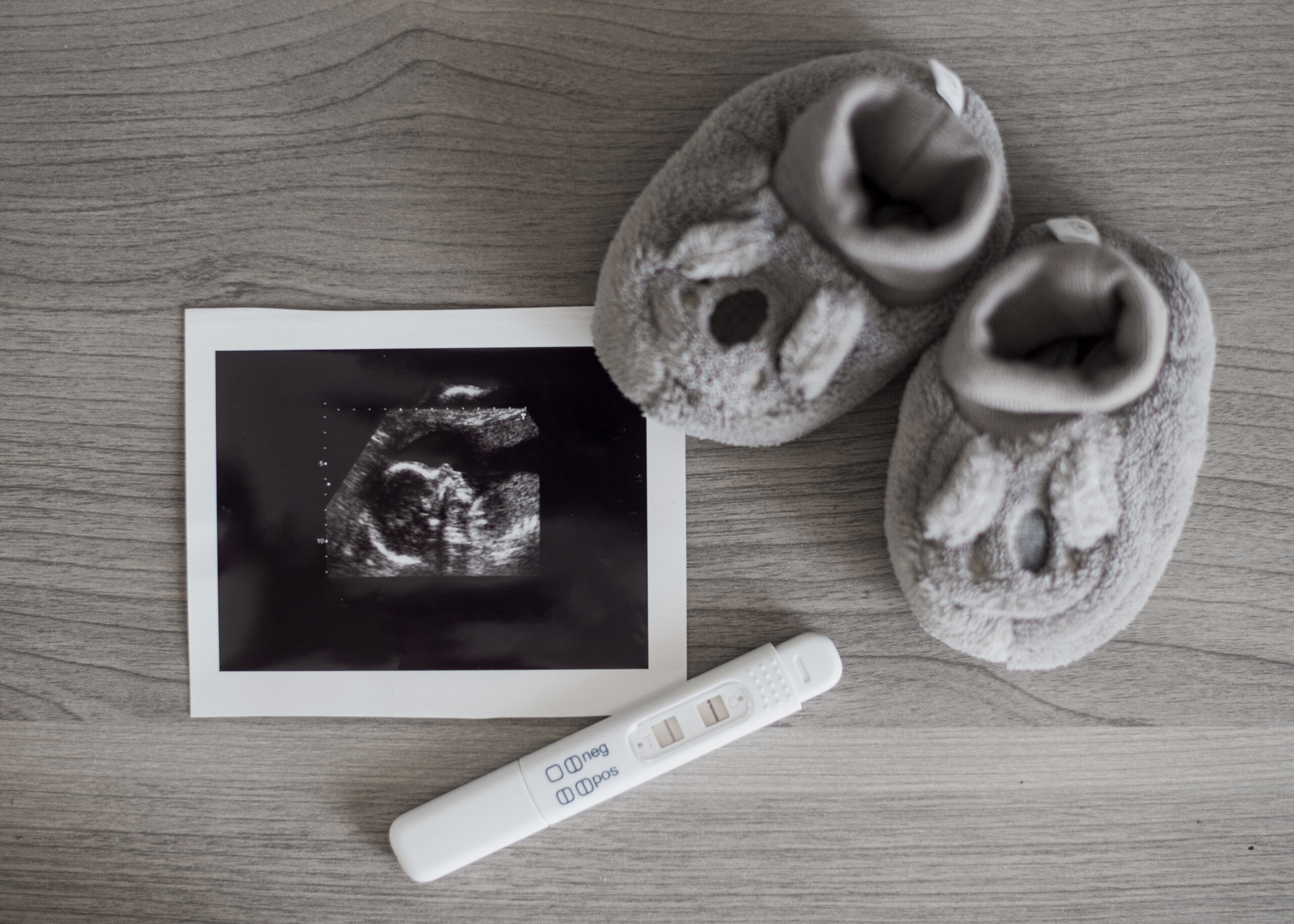

If you’re reading this after your 40th birthday, wondering if IVF is still an option, you’re not alone. The conversation around fertility after 40 has shifted significantly in recent years, and there’s much more nuance to this topic than the often discouraging statistics suggest.
The Numbers Game: What You’re Actually Working With
The live birth rate per IVF cycle start is about 14% at age 40, dropping to 1%–2% by ages 44–45. These numbers can feel daunting, but there’s more to the story.
For women aged 40–41, the chance of a successful pregnancy is 13% after one cycle, 21% after two cycles, and 25% after three cycles. Your odds improve with multiple attempts, a fact often overlooked when focusing on single-cycle statistics. Additionally, recent data shows that Natural Best IVF Centre provided a 9% success rate at age 40, while Mild IVF boosts this to 20%. The type of IVF protocol you choose can make a significant difference.
The Reality Behind the Statistics
Why Age Matters (But Not How You Might Think)
The primary challenge isn’t simply age—it’s egg quality. Your ovaries have been with you since birth, and by 40, they’ve endured four decades of life. Think of it like a vintage car: it may still run beautifully, but it requires careful handling.
The risk of pregnancy loss increases with age—around 20% at 35, 40% at 40, and up to 80% by 45 and beyond. These numbers can sound alarming, but they highlight why many doctors recommend genetic testing of embryos for women over 40. It’s not about being overly cautious; it’s about being strategic.
The Good News Hidden in the Data
Here’s something encouraging: women aged 38–40 and 41–42 have low live birth rates when few eggs are retrieved, but success rates improve significantly with higher egg yields. If your body responds well to stimulation medications, your chances can increase substantially.
Fertility specialists are also getting better at personalizing treatments. For example, individualized timing of egg retrieval has doubled success rates among women over 43. This kind of precision medicine is relatively new, and we’re still discovering its full potential.
What’s Changed in Recent Years
The Donor Egg Conversation
Donor eggs have become a mainstream option for women over 40, and choosing them isn’t giving up—it’s a strategic shift. Success rates with donor eggs often match those of women in their 20s and 30s, offering a significantly higher chance of pregnancy. The stigma around donor eggs has lessened, with many women in online fertility communities sharing empowering stories about their experiences.
Technology and Technique Improvements
IVF labs have made remarkable strides, particularly in growing embryos to the blastocyst stage, which allows for better selection of the strongest embryos. Genetic testing is now more accurate and accessible, and egg retrieval and processing techniques have improved. However, there are still limits to what technology can achieve—we can’t reverse the biological clock, but we can work more effectively with your current situation.
The Mental Game: What No One Tells You
Managing Expectations vs. Hope
You’ll often hear about “realistic expectations,” but hope and realism aren’t mutually exclusive. You can acknowledge the challenges while staying optimistic. Women who navigate IVF after 40 most successfully often plan for multiple cycles while hoping for success on the first try.
The Comparison Trap
Social media and fertility forums can be a double-edged sword. Success stories inspire hope, while tales of failure can spark fear. Remember, your IVF success depends on your unique circumstances—your medical history, response to medications, and factors we don’t yet fully understand.
What Your Doctor Might Not Emphasize
The Timeline Reality
Starting IVF after 40 means working against time in a way younger women may not face. Each cycle takes 6–8 weeks, and multiple attempts can add up to months. This isn’t to pressure you but to encourage thoughtful pacing and planning.
The Financial Reality Check
Multiple IVF cycles can become costly quickly. Starting sooner rather than later may reduce the total number of cycles needed, impacting both financial and emotional costs.
The Support System You’ll Need
Women who thrive during IVF after 40 often have robust support systems—partners, friends, therapists, or online communities. This journey can feel isolating, especially when peers may already have older children. Connecting with others who understand your experience, whether they’re celebrating success or processing setbacks, can be invaluable.
Looking Forward: What’s Still Evolving
Fertility medicine is advancing rapidly. Research into egg quality, mitochondrial health, and even techniques to potentially rejuvenate aging eggs is ongoing. While these aren’t yet ready for clinical use, they suggest that options for women over 40 may expand significantly in the next five years.
Individual variation in age-related fertility decline remains a mystery. Some 42-year-olds have egg quality comparable to women in their late 30s, while others face greater challenges. We’re still learning how to predict who will respond well to treatment.
Ultimately, pursuing IVF after 40 requires a different mindset than starting in your 20s or early 30s. It involves being strategic, prepared for multiple attempts, and open to alternative paths to parenthood. But it’s far from impossible, and the success stories are real—they’re just part of a more complex picture than simple statistics convey.
Frequently Asked Questions
Q: Should I try natural conception first or go straight to IVF after 40?
A: Most doctors recommend not waiting if you’ve been trying for 6 months without success. At 40+, time is a key factor, and IVF can provide faster insights into egg quality and fertilization potential.
Q: Is it worth doing multiple IVF cycles after 40?
A: Yes, success rates improve with multiple cycles. Many women see their best results on the second or third attempt as doctors adjust protocols based on how your body responds.
Q: How many eggs do I need for IVF success after 40?
A: Retrieving 10 or more eggs offers the best chances, though some women succeed with fewer. Having multiple embryos to select from is key, as not all will be genetically normal.
Q: Should I consider donor eggs right away?
A: This depends on your situation, AMH levels, and fertility history. Many women try 1–3 cycles with their own eggs first, but discussing donor eggs early can aid in planning and reduce pressure.



